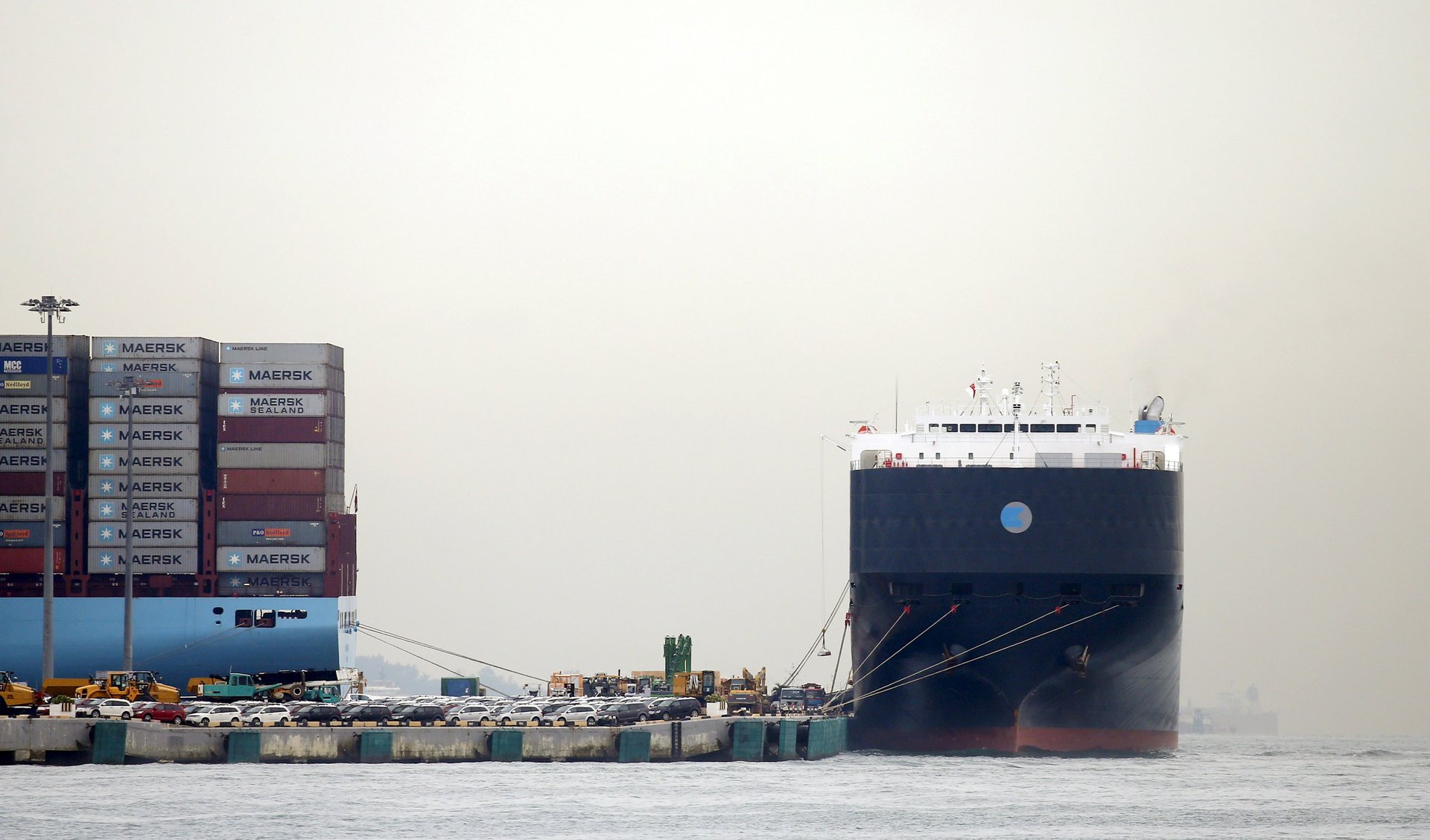China's EV makers are facing a ship shortage
Electric vehicle giants like BYD are struggling to find carriers to handle the surge in exports

You may remember the chip shortage that afflicted the automotive industry. Now, Chinese electric vehicle makers are facing a ship shortage.
Suggested Reading
With Chinese EV exports surging, China’s auto makers are scrambling to find enough shipping capacity to get their vehicles to overseas markets. Meanwhile, the cost of shipping cars has soared to an all-time high, according to shipping services provider and consultancy Clarksons.
Related Content
China is already investing heavily in car shipping, viewing that supply chain segment as critical to the global expansion of the Chinese automotive industry. But with shipbuilders facing years-long backlogs on orders, Chinese EV majors are increasingly looking to take car shipping into their own hands.
“China’s transoceanic capacity and automobile export capacity are seriously mismatched. In this field, China’s ship-owner companies or logistics companies are still in their infancy,” an executive at a Chinese shipyard recently told the state-owned Securities Times (link in Chinese).
BYD: from “boatman” to boat owner
Last month, Chinese EV giant BYD—which just overtook Tesla in electric car sales—reportedly took delivery of its very first car carrier ship (link in Chinese). The vessel, called a roll-on/roll-off car carrier, had just several weeks earlier completed a seven-day trial voyage.
Such are BYD’s ambitions to control the shipping segment of the automotive supply chain that some on the Chinese internet have taken to giving its CEO Huang Chuanfu the nickname of “Brother Boatman,” a pun on his Chinese name. But as Securities Times notes, Huang is not content with being a mere boatman—he wants to be a boat owner.
To that end, BYD has ordered at least six ships that can transport thousands of vehicles at a time.
“Money printing machines at sea”
But part of the current automotive shipping crunch is also due to the fact that a lot of older vehicle carriers were scrapped in 2020, when the pandemic shut car factories worldwide.
More “pure car and truck carriers,” a type of ship mainly used for transporting finished vehicles, were scrapped in 2020 than in any other year since 2016, notes the Financial Times, citing data from shipbroking group Braemar.
For now, Chinese EV makers wanting to ship their wares to Europe—especially as they face overcapacity at home—will have to pay eye-watering prices to rent car carrier ships, or wait for ships they’ve ordered to be built. It’s little wonder that Chinese industry observers have dubbed those specialty vessels “money printing machines at sea.”
